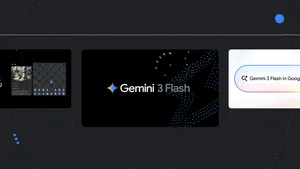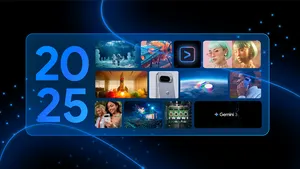Opal is now available in more than 160 countries

Earlier this year, Google Labs released Opal, a no-code way to develop mini-apps. Today, we’re expanding Opal from 15 countries to more than 160 countries so users can create AI mini-apps without writing any code.
From automating tasks to analyzing data, there are countless ways we’ve seen people try Opal. Here’s a closer look at just a few examples.
1. Automating the hard stuff
One trend we’ve observed is the shift from simple apps to complex, multi-step workflows.
For example, people are building apps that:
- Streamline research: Automatically extract data from the web, analyze findings and save results directly into Google Sheets.
- Make sense of data: Create powerful tools to make sense of data and generate custom reports.
- Create repeatable workflows: Automate tasks like weekly newsletter updates, contract redlining, and meal planning.
2. Creating custom content
Creators and marketers have also quickly adopted Opal to help them create custom content in a consistent, scalable way.
Here are some of the top examples we’ve seen:
- Marketing asset generators: Tools that take a single product concept and instantly generate optimized blog posts, social media captions and video ad scripts.
- Dynamic visual tools: Applications that produce composite media, such as generating an image and overlaying it with custom text for personalized campaigns.
- Interactive storytelling: Apps that help writers brainstorm narratives, generate scripts and even produce accompanying audio voiceovers.
3. Going from idea to MVP in minutes
Opal is lowering the barrier for entrepreneurs and builders looking to quickly validate new ideas or build simple mini-apps to share with others.
Some of our favorite Opal apps we’ve seen in this category include:
- language learning apps
- custom travel planners
- quiz generator apps
Explore the possibilities and start building at opal.google. It's been great to see what people have created so far with Opal, and we’re excited to continue improving it and expanding to more people globally.






